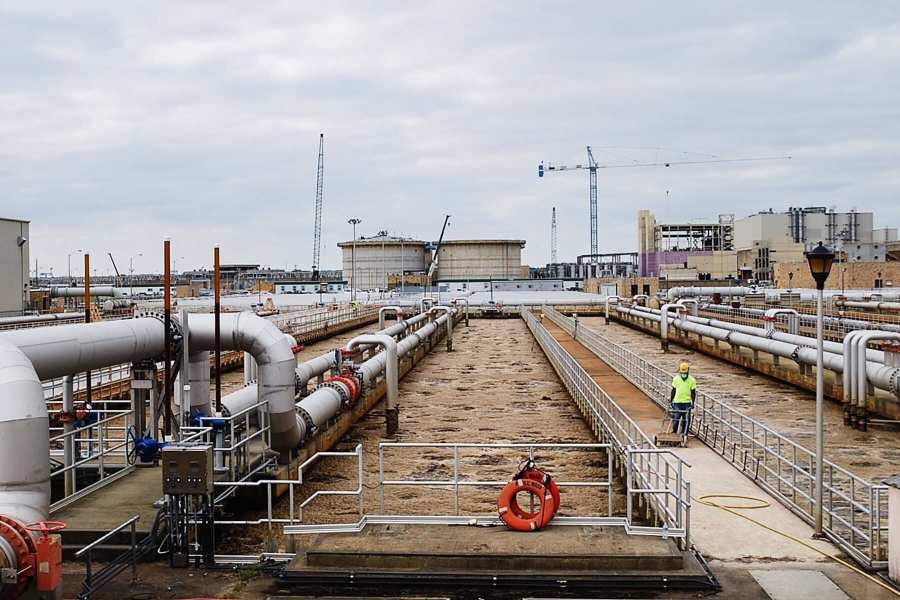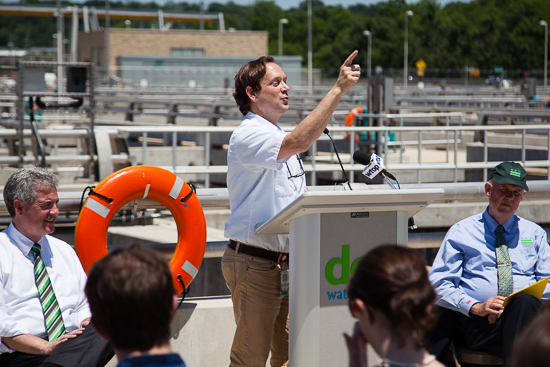Wastewater sector meets nutrient goals of ‘pollution diet’ a decade early
Improvements significantly reduced nitrogen, phosphorus entering Bay

According to the U.S. Environmental Protection Agency (EPA), upgrades in wastewater treatment over the last twenty years have significantly lowered the amount of nutrient pollution entering the Chesapeake Bay, effectively meeting the sector’s 2025 goals under the Chesapeake Bay Total Maximum Daily Load, or TMDL, a decade early.
Since 1985, nitrogen and phosphorus pollution from wastewater in the Bay watershed have decreased by 57 percent and 75 percent, respectively—this despite an increase in both population and the volume of wastewater to be treated. Thirty years ago, wastewater accounted for 28 percent of nitrogen pollution and 39 percent of phosphorus pollution; the sector now accounts for just 16 percent of the overall loads of each pollutant.

“The wastewater sector is leading the way at this point in our efforts to restore the Bay and local waters,” said EPA Regional Administrator Shawn M. Garvin in a release. “While we’ve reached a critical milestone in reducing pollution from wastewater plants, we need to keep up the momentum and ensure that other sectors do their share.” Garvin and other officials announced the news Tuesday at Blue Plains Advanced Wastewater Treatment Plant in Washington, D.C.
The Chesapeake Bay watershed, which includes portions of six states and D.C., is home to 472 municipal and industrial wastewater treatment plants. Over the last 30 years, improvements at the ten largest of these treatment plants have prevented 240 million pounds of nitrogen and 48 million pounds of phosphorus from flowing into the Bay.

Comments
good job
Thank you!
Your comment has been received. Before it can be published, the comment will be reviewed by our team to ensure it adheres with our rules of engagement.
Back to recent stories